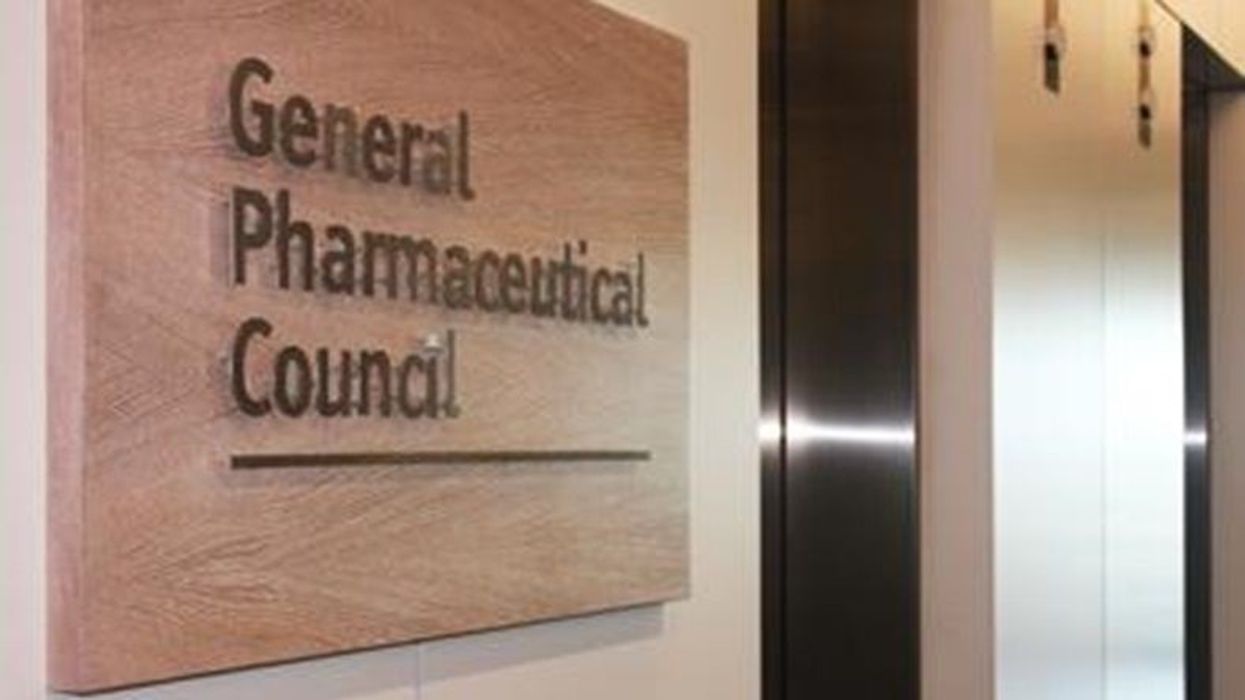Even as junior doctors in England are set to take industrial action for three days next month in a 72-hour walkout from Monday 13 March, the Guild of Healthcare Pharmacists (GHP) has been discouraging its members from taking any additional work during the strike.
"GPH members are advised to only carry out work they are qualified, competent and safe to undertake that is contained within their job description," it said in a statement.
It noted that given the current staffing level within hospital pharmacy, it was unlikely that any additional capacity will be available perform the tasks usually undertaken by junior doctors.
"It would be inappropriate for GHP members to work additional hours as to do so would undermine lawful industrial action my medical staff. Industrial action is always a last resort for any healthcare professional and has been caused by the refusal of the government to engage in pay negotiation."











